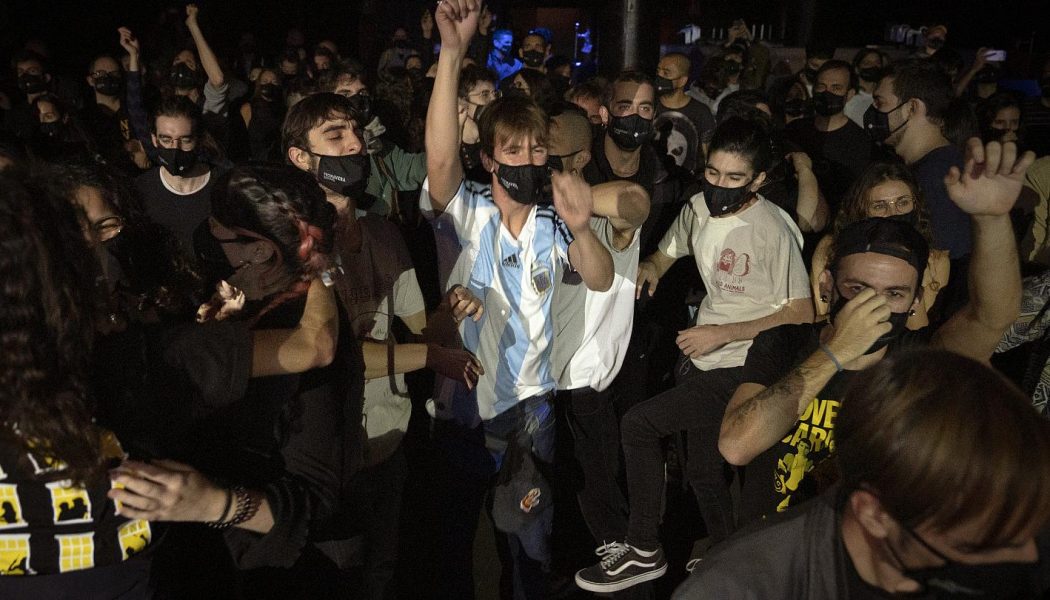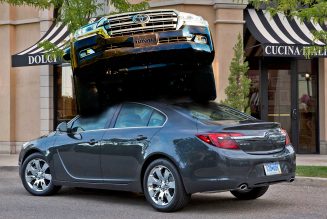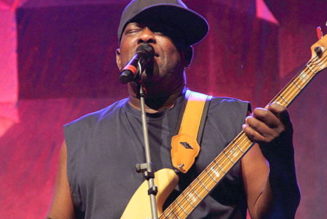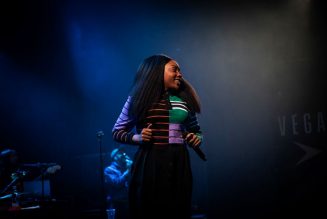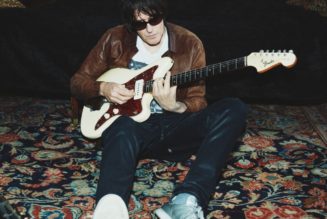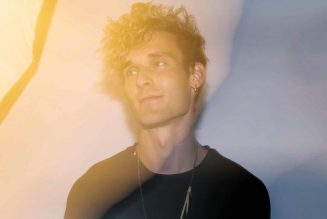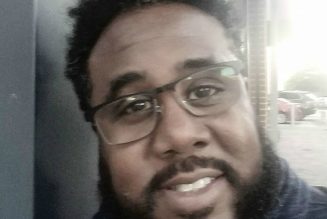The city of Barcelona is hard at work to get their citizens back into live music venues. This past Saturday, 1,000 residents gathered to participate in a medical study to evaluate the effectiveness of same-day coronavirus screening to safely host cultural events.
In order to be chosen to participate, volunteers had to pass an antigen screening. 500 were then randomly selected to enjoy the free concert inside Barcelona’s Apolo Theater. Those who were not selected were asked to return home. By doing this, a control group was formed, which allowed the organizers to analyze if there was any contagion inside the venue despite the initial screening.
The issue they are trying to get around is the fact that these antigen tests are not always as accurate as the other tests currently being offered, but they do produce results in 15 minutes versus hours or days later.
AP News interviewed a volunteer, Carolina Rius, who was awaiting the chance to enter the venue. “I really, really missed going to concerts, above all to hear some rock ’n’ roll,” the 56-year-old Rius said. “I don’t feel like a guinea pig. I feel like I am taking a stand. The world of culture, and above all the concert halls, are having a very bad time of it and I don’t want them to shut for good.And if they end up choosing me in the draw to go to a concert, that will be the cherry on top.”
Barcelona’s The Fight AIDS and Infectious Diseases Foundation along with the Primavera Sound Music Festival were all involved in hosting the potential breakthrough scientific study. “This is not a party, this is a scientific study,” Dr. Boris Revollo, the virologist who designed the study’s protocols, told AP News. “This could be useful in all types of events, from cultural events, to business congresses, to sporting events,” Revollo said. “And young people, as we have seen, are holding their own clandestine parties because they have no other outlet.”
While the 500 who were allowed into the event were required to wear FFP2 face masks and use hand disinfectant, social distancing was not enforced. This was in order to attempt to replicate a real concert atmosphere as realistically as possible. The energy in the photos taken from the evening exudes the freedom these volunteers felt as a sense of normalcy finally washed over them.
Each of the 1,000 volunteers will also be required to still take two PCR tests, which are regarded as more reliant on detecting the virus. The first test was administered the Saturday of the concert before entrance, and will be taken again eight days later.
AP News notes that an association representing concert halls in Spain said that more than 25,000 concerts have been shelved due to the impact of the virus, costing the industry 120 million euros ($145 million) in lost revenue. This scientific study is one step closer in the right direction for all those hoping to return to live music.
Source: Associated Press News

